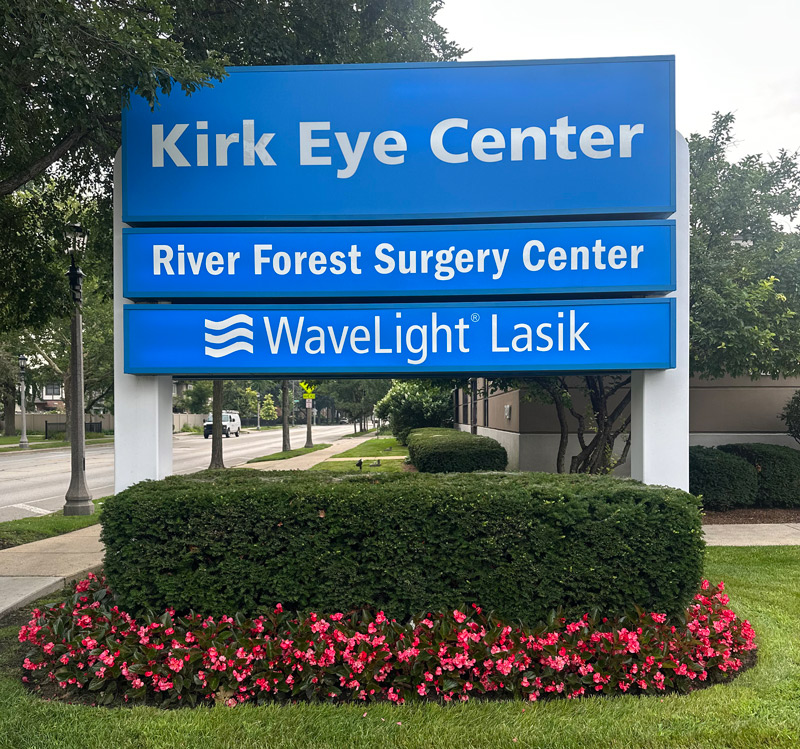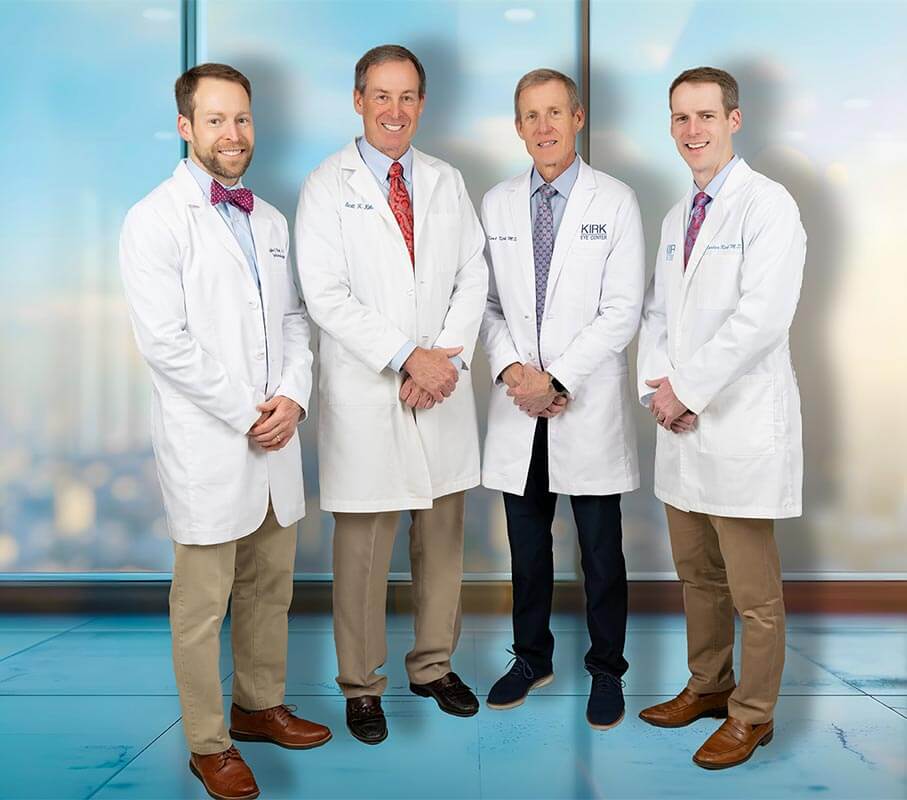
Rooted in a legacy of excellence and service, Kirk Eye Center has been a leading provider of eye care in the Chicago area for over five decades. We take pride in offering personalized service and the latest in vision correction technologies. Our services range from routine eye examinations and a fully stocked optical shop to specialized procedures such as LASIK and laser-assisted cataract surgery, featuring advanced IOL options like Light Adjustable Lens, Multifocal, and Toric. Additionally, we provide wrinkle relaxers to ensure you look as great as your vision.

You deserve the best for your eye health. At Kirk Eye Center, we aim to provide the best care we're capable of. Our team of dedicated eye professionals is passionate about providing quality eye care and enhancing your vision and your quality of life.
At Kirk Eye Center we take great pride in offering a variety of vision services to help our patients and have all their eye care needs met under one roof. From nonsurgical solutions to cosmetic enhancements, surgical treatments, LASIK eye surgery, EVO ICL, and refractive lens exchange we are here for you when you need us.

It's frightening enough to many patients when they suddenly realize their eyesight is degenerating. But when the thought "how will I pay for it?" occurs, many assume that LASIK or other eye surgical treatments are cost prohibitive. But this need not be the case.
At Kirk Eye Center, we're proud to offer a full range of services designed to protect, restore, and enhance your vision. Whether you’re interested in LASIK or EVO ICL to reduce your dependence on glasses, seeking treatment for cataracts or dry eye, or exploring aesthetic or corneal care, we’re here to guide you every step of the way. With cutting-edge technology, a team of dedicated specialists, and decades of experience, we tailor every treatment to your needs—because your eyes deserve nothing less. From comprehensive eye exams to advanced surgical options, everything you need is right here under one roof.

If you've been told you're not a candidate for LASIK—or if you're simply looking for a premium vision correction solution—EVO ICL could be the life-changing option you've been waiting for.

The best advertisement is word of mouth — browse what our past and present patients have to say about Kirk Eye Center, then call to schedule a consultation. We look forward to meeting you soon!

You will be using your new eyesight every waking moment for the rest of your life. Please take as much time as needed to consult with us as well as your family. Our surgeons, technicians and coordinators are available to help you make the best decision.
Things To Think About Before Cataract Surgery: